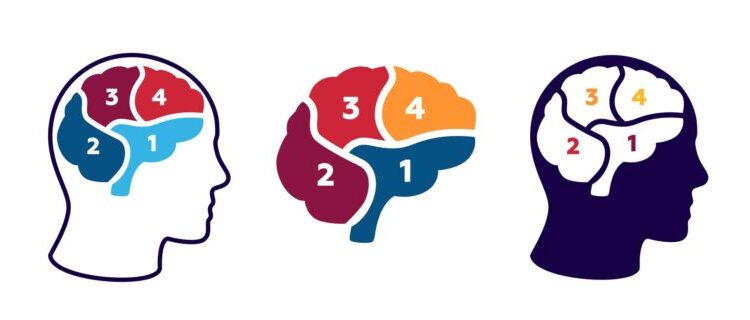@TeacherToolkit
Ross Morrison McGill founded @TeacherToolkit in 2007, and today, he is one of the ‘most followed educators’on social media in the world. In 2015, he was nominated as one of the ‘500 Most Influential People in Britain’ by The Sunday Times as a result of…
Read more about @TeacherToolkit
Do students really learn better when taught in their preferred learning style?
The idea that tailoring teaching to learning styles improves outcomes has been thoroughly discredited, yet it continues to dominate classrooms and teacher training worldwide.
So much so, I – and tens of thousands of teachers used to have – to record learning styles on our lesson plans!
Why learning styles remain popular
This new research, Learning Styles, Preferences, or Strategies? (Hattie & O’Leary, 2025), evaluates 17 meta-analyses (n = 105,024) and uncovers a persistent belief in learning styles, despite zero evidence that matching teaching to these styles improves achievement.
This research calls for a shift from teaching to “preferred modalities” to teaching effective learning strategies that adapt to task demands.
The term “learning styles” refers to the belief that students learn best when taught via their preferred sensory modality – usually visual, auditory, or kinaesthetic (VAK/VARK). It’s a seductive and simple idea. However, the latest research says otherwise.
In Hattie & O’Leary’s synthesis, the average effect size for matching teaching to learning style preferences is a negligible d = 0.04 – see table below – essentially no impact at all.
Correlational studies (r = 0.24) only show weak links between style preferences and achievement. Crucially, these do not prove causation. The real problem? Learning styles often get conflated with learning strategies, misleading teachers into planning around preferences rather than evidence-based practice.
Credit: Hattie & O’Leary, 2025
From myth to classroom strategy
Despite the evidence, learning styles persist in teacher training, classroom talk, and commercial CPD. In fact, many teachers still believe matching teaching to learning styles works. Why? Because it feels personal, supportive and intuitive. But as this research explains, it’s also scientifically empty. Worse still, labelling students by style can reduce expectations and reinforce unhelpful stereotypes.
On my teacher training travels, when I survey teachers in the room, as a general rule of thumb, primary teachers and those working in further education colleges still believe that learning styles exist. Secondary teaching colleagues are generally more astute and up to date.
Teachers aren’t ignoring science – they’re being misled by outdated ideas that feel good but do harm.
Instead, teaching should be grounded in strategies that are flexible, metacognitive and responsive to task complexity.
All teachers should ditch the VAK tests – and anyone who promotes them in teacher training sessions. Instead, teach students how to select strategies that fit the task. Use tools like retrieval practice, self-questioning, dual coding, and spaced repetition. Promote reflection: ask students to evaluate what strategy worked best and why (metacognition). Teach that there’s no “best way to learn” – just better strategies for different challenges.
Model this openly, and avoid reinforcing the myth by using terms like “visual learner”. Focus instead on task demands: Is this about remembering facts or applying concepts? Adjust strategies, and teach students to do the same.
Reflection questions for teachers:
- How often do your teaching colleagues refer to learning styles when planning lessons?
- Are students being taught learning strategies or labelled by style?
- What classroom routines encourage strategy over preference?
- Could teachers replace VAK quizzes with strategy modelling?
- How might beliefs about learning styles influence expectations?
- What does this research mean for SEND planning and support?
- How can schools challenge the commercial promotion of learning styles?
- How are teachers encouraged to reflect on evidence-based practice?
- Do teachers use metacognitive language in everyday lessons?
- How might CPD be redesigned to focus on what actually works?
The research concludes:
Learning style theories have appeal but, relying on them oversimplifies the intricacies of how students learn. The recent surge of interest in promoting the correlates of learning styles is misleading, of little value, and should be resisted!
Download the full paper to explore the myths, and what works better than learning styles.
Like this:
Like Loading…



















